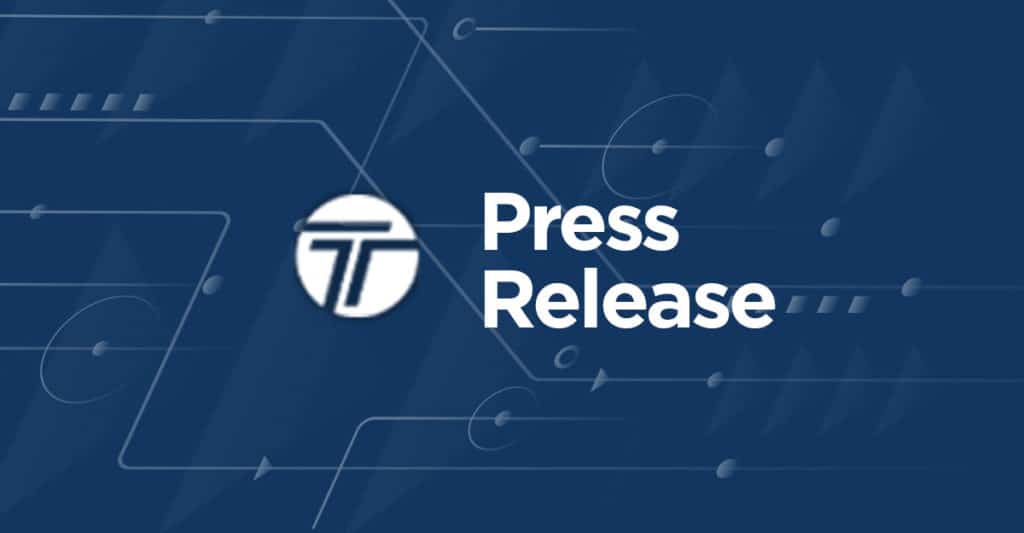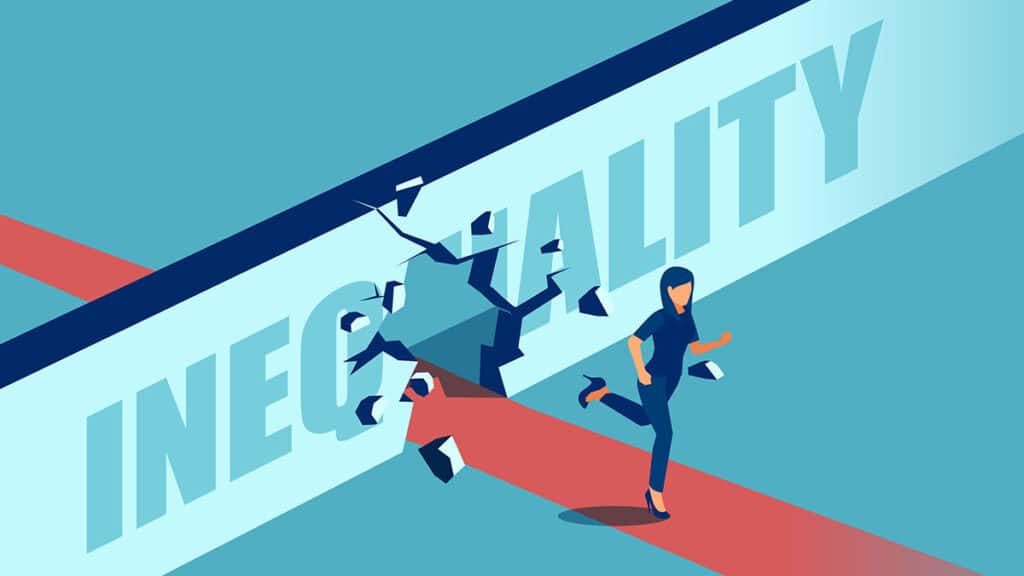
When you think of a supply chain engineer, VP of logistics operations, truck driver or director of carrier sales what image pops into your head? Your immediate reaction might include a middle-aged man and there’s numbers to back your reaction up. According to the Bureau of Labor Statistics, 46.8% of the current US workforce are women, and that number drops to 24.6% in the transportation and warehousing industry.
The McKinsey & Company study “Women in the Workplace 2020” reports that before the COVID-19 pandemic began in the United States, the representation of women in corporate America was slowly trending up in the right direction. This was most pronounced in senior management. Between 2015 and 2020, the share of women grew from 23 to 28 percent in SVP roles and from 17 to 21 percent in the C-Suite.
So, where will the future female leaders be, especially those of color?
However, the pandemic left more than two million women considering a leave of absence or leaving the workplace altogether, including 1 in every 3 mothers considering to scale back or opt out. So, where will the future female leaders be, especially women of color? How can we take these events as an opportunity to ensure our workplaces avoid both gender and racial bias?
The Challenges Women Are Facing Today
The empowerment of women in the workplace doesn’t only depend on the allocation of women in positions of power, but it is defined by the intrinsic characteristics of jobs and workplaces themselves. A few of the many challenge’s females of all races and ethnicities are facing today:
- The one and only: many females today are the only or one of the few women on the team at work. When it comes to performance, women in this group tend to feel the pressure of working longer hours and tend to have to prove competencies more often than their male counterparts. The most significant impact of this dynamic certainly generates a different level of apprehension and self-doubt that can only be defeated by empowering women in the workplace to lead and mentor others.
- The stereotypical “woman role”: as stated earlier in this blog, women at work have to constantly battle societal preconceptions and beliefs about what kind of work a woman should do and/or a woman’s ability to succeed in jobs traditionally held by men. It is only evident that this unconscious bias can drive organizations to unknowingly design practices around talent management and hiring criteria that clearly disadvantage women, particularly working mothers.
A culture that embraces and celebrates diversity will focus on recognizing the differences that women bring to the table.
- “Fake it until you make it”: this is probably the advice most professional females have received but this creates a culture that hurts gender diversity. “Faking it” has forced us to accept masculine cultural norms, pushing them to change their natural behaviors in order to progress and have a sense of belonging. A culture that embraces and celebrates diversity will focus on recognizing the differences that women bring to the table.
- Women also have a gender bias: this might not be a very popular point of view, but gender bias is not unilateral. Women at every level can also be enabling behaviors showing bias. Women are frequently striving for a smaller number of opportunities while being scrutinized and questioned about their abilities. More often, this correlates directly with isolation in the workplace, because sponsoring could be seen as a negative trait with high opportunity cost.
Minimizing The Impact Of Unconscious Bias In The Workplace
Recognizing these challenges and allowing women to network, collaborate and participate in the evaluation and design of processes and policies will bring a unique and much-needed point of view to the workplace. Structure and standardization of hiring, benefits, performance evaluations, training opportunities and other fields related to talent management, as well as promoting a data-driven culture will minimize the impact of unconscious bias in the workplace.
It has been evident that widening opportunities does not necessarily improve gender equality. The initiatives to improve long-term participation and growth in historically male-dominated industries starts with a thoughtful evaluation of workplace processes, policies and overall culture.




